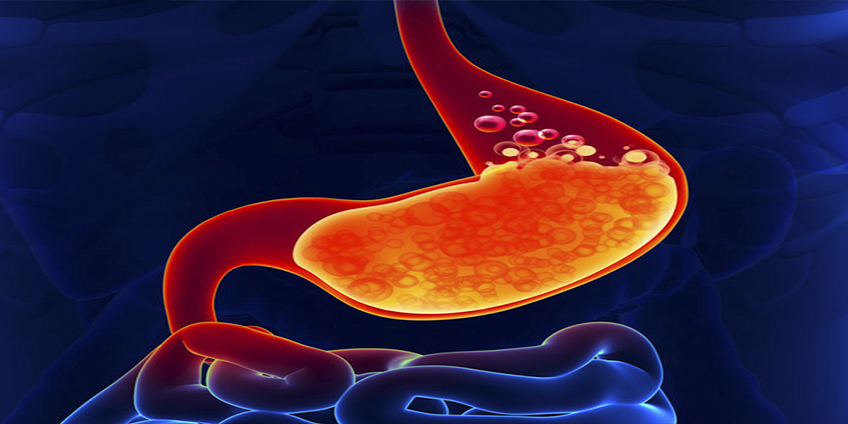If our body produces so many enzymes….why might you consider taking them as a supplement?
What is a digestive enzyme?
As the above description of digestion implies, enzymes are a variety of chemicals the body produces for the proper breakdown of all the big components of food (carbohydrates, proteins, and fats) into their smallest pieces (sugars, fatty acids, amino acids, vitamins, minerals and other nutrients) to be safely and easily absorbed through the wall of the small intestines into the bloodstream and put to good use in the body. Types of enzymes include amylase, lipase, peptase, protease and lactase.
Common causes of low enzyme production and sub-optimal digestion include:
Sometimes, this system gets a little out of sync, and our ability to efficiently produce enzymes and optimize digestion gets off track.
Stress – this is probably the most common cause of enzyme deficiency, for the primary reason that stress activates the opposite branch of the nervous system, the sympathetic nervous system and impairs the functioning of the parasympathetic nervous system. The parasympathetic NS is responsible for “resting and digesting”.
Low stomach acid – this can be caused by stress as well, but also by acid blocking medications, and an infection with h. pylori can also lower stomach acid. Stomach acid production tends to lower with age, smoking and chronic alcohol use is also related to low acid.
Pre-diabetes and diabetes – if the pancreas has been damaged by diabetes, it can impair the part of the pancreas that produces digestive enzymes.
Smoking and alcohol use – these can lead to damage to the pancreas, reducing it production of enzymes.
Exocrine pancreatic insufficiency (EPI) – this is a recognized group of conditions that are more extreme causes of low enzyme production. They include: chronic pancreatitis, pancreatic cysts or benign tumors, blockage or narrowing of the pancreatic or biliary duct, pancreatic cancer, pancreatic surgery, cystic fibrosis.
Symptoms of low enzymes include:
- gas and bloating
- heartburn or indigestion
- constipation
- nutrient deficiency – like anemia, or B12 deficiency
- abdominal pain after meals
- foul stools
- fatigue or non-specific aches and pains in the body
Insufficient digestive enzymes can contribute to other digestive complaints, including Irritable Bowel Syndrome, SIBO, “leaky gut syndrome”, and dysbiosis.
A secondary benefit of digestive enzyme supplementation is reduced inflammation in the body. When digestive enzymes are not being used to help digest food, they can be taken on an empty stomach, allowing the enzymes to be absorbed into the blood stream. Systemic enzyme therapy has been shown to be efficient in treating pain and inflammation associated with injury or musculoskeletal disorders.
Some foods naturally contain digestive enzymes. These include:
- Pineapple – bromelain
- Papaya – Papain
- Fermented foods – sourkraut and kefir and miso
- Mango
- Avocado
- Banana
- Raw honey
Depending on your situation, your healthcare practitioner may suggest the use of hydrochloric acid therapy or other enzyme combinations. Proper use of supplemental enzymes can help your body heal and once again create the enzymes it needs.

